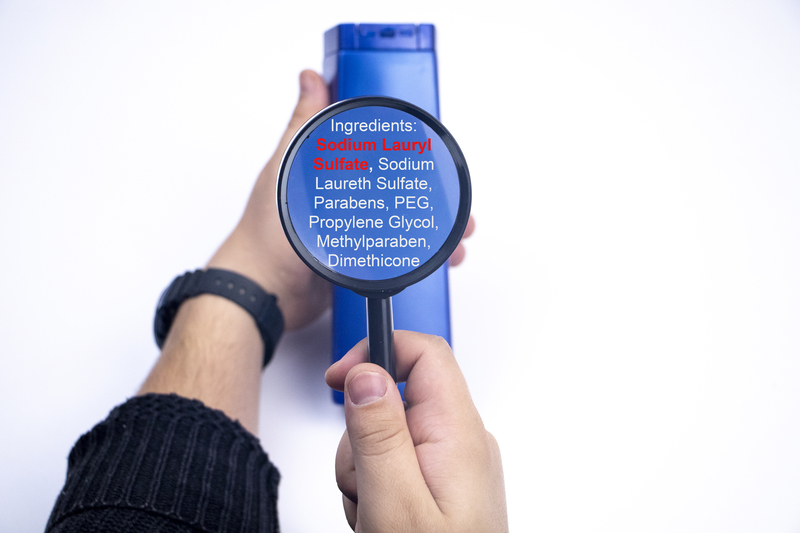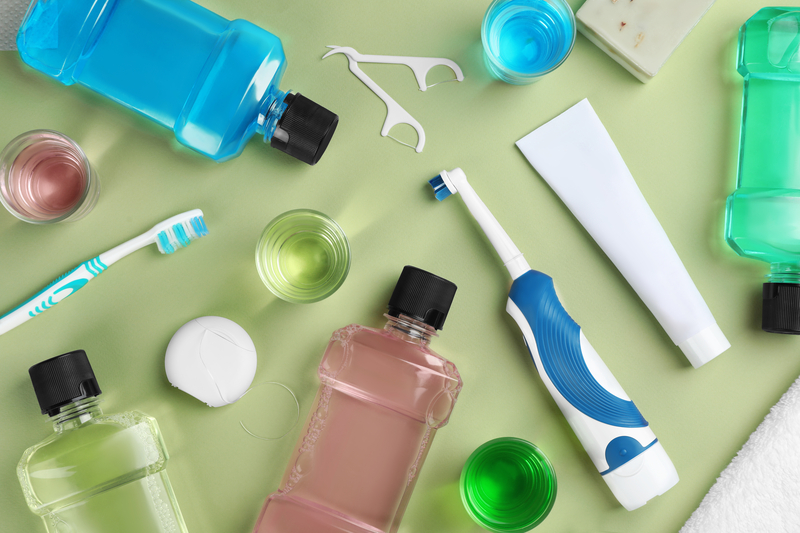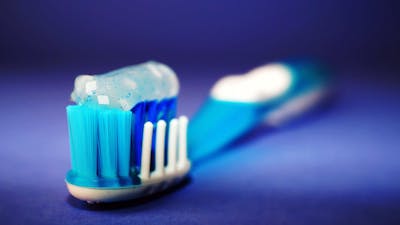Choosing the best dental care products might be difficult since there are so many alternatives on the market. Dentists understand the importance of selecting high-quality products that promote optimal oral health. When searching for dental hygiene products like toothpaste and mouthwash, it’s important to be aware of what to look for due to the abundance of options. This guide will provide you with expert advice on selecting the best oral care products to keep your smile healthy and bright.
1. Understanding Toothpaste Ingredients
It’s important to consider the ingredients indicated on the packaging when choosing toothpaste. Choose toothpaste that has fluoride, a mineral that helps prevent cavities and improve tooth enamel. This can prevent tooth decay and preserve dental health. Furthermore, consider choosing toothpaste that has components like calcium and phosphate, which can aid in remineralizing teeth’s weak spots and repairing minor damage.

Avoid toothpaste that contains strong detergents or abrasives, as these can irritate the gums and erode tooth enamel. Instead, use toothpaste with mild abrasives, such as calcium carbonate or silica, to remove surface stains and plaque without damaging the teeth.
2. Selecting the Right Mouthwash
Incorporating mouthwash into your dental hygiene routine can be beneficial as it offers supplementary defense against bacteria and plaque. To help eliminate bacteria and prevent gum disease, search for mouthwashes with antimicrobial ingredients like cetylpyridinium chloride or chlorhexidine. Fluoride mouthwash is a great option for preserving the best possible oral health because it can prevent cavities and improve tooth enamel.
Consider selecting a mouthwash containing the naturally occurring mineral hydroxyapatite. This mineral aids in the remineralization of tooth enamel and the restoration of minor damage. Hydroxyapatite mouthwash can promote stronger, healthier teeth and reduce sensitivity, making it an excellent option for those with enamel erosion or tooth sensitivity.
3. Evaluating Toothbrush Options

The type of toothbrush you use plays a significant role in your oral hygiene routine. Choose a toothbrush with soft bristles to minimize damage to your teeth and gums. Medium or hard bristles can irritate the gums and erode tooth enamel, resulting in gum recession and sensitivity. Electric toothbrushes are another popular option, providing regular and comprehensive cleaning—especially for those with orthodontic appliances or limited dexterity.
Consider the size and shape of the toothbrush head when making your selection to ensure thorough cleaning; a smaller toothbrush head could fit more readily around difficult-to-reach places, such as back molars.
4. Exploring Specialty Oral Care Products
To address certain issues, a range of specialist oral care products are available in addition to toothpaste, mouthwash, and toothbrushes. For example, if you have sensitive teeth, you may want to use a fluoride gel or toothpaste that desensitizes teeth to build tooth enamel and reduce pain. If you use braces or other orthodontic equipment, look for oral hygiene tools like interdental brushes or floss threaders that are specially made for orthodontic patients.
Oral moisturizing solutions, such as mouth sprays or gels, can help hydrate the mouth and relieve pain for dry mouth sufferers.
5. Considering Children’s Oral Care Needs

Children have unique oral care needs that require special attention and consideration. When choosing mouthwash and toothpaste for kids, opt for brands that are specially made for their age. Lower fluoride concentrations are usually included in children’s toothpaste to avoid swallowing and reduce the danger of fluorosis, which can result in white patches on teeth.
Select a toothbrush appropriate for children, with smaller heads that fit safely in their mouths and gentle bristles. To make brushing easier and more interesting, consider getting toothbrushes with vivid colors or designs inspired by their favorite cartoon characters.
6. Seeking Professional Recommendations
Consult your dentist or dental hygienist for advice if you’re not sure which oral hygiene products are right for you or your family. They can provide tailored advice based on your lifestyle, dental health requirements, and any particular concerns you may have. Your dentist could also provide samples or discounts so you can test out suggested items before making a purchase.
Your dentist can also provide helpful advice on how to maintain good oral hygiene and deal with common dental problems. Your dentist can evaluate your oral health, identify any possible issues, and treat you right away to avoid more issues with regular dental checkups.

Conclusion
Selecting the best oral care products is essential for maintaining optimal oral health and a bright, confident smile. Don’t forget to give priority to components like hydroxyapatite, fluoride, and antibacterial agents that support healthy teeth and gums. Ultimately, you can have a lifetime of excellent oral health and a self-assured, brilliant smile by integrating high-quality oral care products into your daily routine and working closely with your dental care expert. Take proactive steps to care for your teeth and gums, and reap the rewards of a healthy mouth for years to come.

